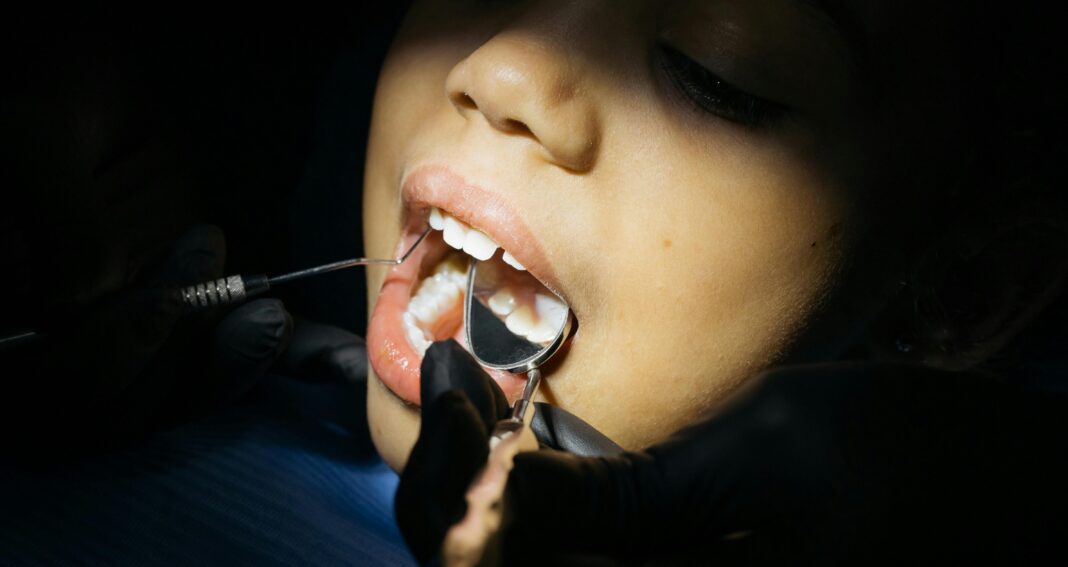Nashville, Tennessee, known for its vibrant culture and growing beauty industry, offers aspiring microblading training in Nashville excellent opportunities for training. Microblading, a semi-permanent makeup technique that creates realistic, hair-like strokes to enhance eyebrows, requires precision, artistry, and a thorough understanding of safety protocols. If you’re looking to enter this rewarding field, choosing the right training program in Nashville is your crucial first step.
Understanding Microblading Regulations in Tennessee
Before diving into training, it’s essential to understand the regulatory landscape for microblading artists in Tennessee. In Tennessee, microblading is generally considered a form of tattooing or permanent cosmetics and is subject to the relevant laws and regulations.
Key requirements typically include:
- Age: You must be at least 18 years old.
- Licensing: You will need to obtain a tattoo artist license from the state. This often requires completing an approved training course and passing a bloodborne pathogens and communicable diseases exam.
- Bloodborne Pathogen Training: Certification in bloodborne pathogens (BBP) is mandatory to ensure you understand and can implement proper hygiene and safety protocols.
- Hepatitis B Vaccination: Many regulations require proof of Hepatitis B virus (HBV) vaccination.
- Licensed Facility: You must work in a licensed body art facility (tattoo studio). If you plan to open your own studio, it will also need to be licensed and inspected for sanitary protocols.
- Supervision: In some cases, working under the supervision of a licensed physician or surgeon may exempt you from certain tattoo regulations, but this is less common for independent microblading artists.
Always verify the most current regulations with the local health department (e.g., Metro Public Health Department in Nashville) and the Tennessee Department of Health as rules can vary and be updated.
What to Look for in a Microblading Training Program
Nashville boasts several academies and studios offering microblading courses. When selecting a program, consider the following:
1. Comprehensive Curriculum
A strong microblading program should cover both theoretical knowledge and practical skills in depth. Key topics typically include:
- Brow Theory and Design: Understanding facial anatomy, brow mapping techniques (e.g., golden ratio), and designing customized brow shapes that complement individual client features.
- Color Theory and Pigments: Learning how to select the correct pigment shades for various skin tones and undertones to achieve natural, long-lasting results that won’t fade to undesirable colors.
- Skin Anatomy and Types: Knowledge of different skin types, their properties, and how they react to microblading. Understanding the healing process and potential complications.
- Microblading Techniques: Mastering the creation of realistic, hair-like strokes with precision, depth, and flow. This often includes practicing on synthetic skin (latex) before moving to live models.
- Safety, Sanitation, and Sterilization: Crucial training on hygiene protocols, preventing cross-contamination, proper disposal of needles, and maintaining a sterile work environment. This is where BBP certification is vital.
- Client Consultation and Aftercare: Developing effective communication skills for client assessments, understanding client expectations, managing consent forms, and providing comprehensive aftercare instructions.
- Business and Marketing: Some advanced courses may also cover aspects of building a microblading business, pricing, insurance, and marketing strategies.
2. Hands-On Experience with Live Models
This is arguably the most critical component of any microblading training. Ensure the program offers:
- Supervised Live Model Practice: The opportunity to work on actual clients under the direct supervision of an experienced instructor. This builds confidence and provides real-world experience.
- Adequate Model Access: Confirm that the program provides sufficient access to live models, or guidance on how to secure your own.
3. Instructor Expertise and Support
- Experienced Instructors: Look for trainers with extensive experience in microblading and a proven track record of successful work. Ideally, they should also be licensed and certified.
- Ongoing Support: The best programs offer continued support even after the course ends. This can include online forums, mentorship opportunities, or access to refreshers.
- Small Class Sizes: Smaller class sizes often allow for more personalized attention and one-on-one guidance from instructors.
4. Certification and Apprenticeship Opportunities
- Certification of Completion: Upon successful completion, you should receive a certificate that acknowledges your training hours and proficiency. This is often a prerequisite for state licensing.
- Apprenticeship Programs: Some Nashville academies offer apprenticeship programs that can help you fulfill state licensing requirements and gain valuable practical experience under supervision. This is highly recommended for comprehensive skill development.
5. Kit and Supplies
- Starter Kit: A good training program should provide a comprehensive starter kit with high-quality tools, pigments, and supplies you’ll need for practice and your first clients.
- Product Knowledge: The course should also educate you on different brands and types of microblading tools and pigments so you can make informed decisions when purchasing supplies.
Starting Your Microblading Career in Nashville
Embarking on a microblading training in Nashville can be an exciting journey. By choosing a reputable training program that prioritizes comprehensive education, hands-on experience, and adherence to state regulations, you’ll build a strong foundation for success in this in-demand beauty artistry. Remember to thoroughly research programs, ask questions, and ensure they meet all the necessary licensing requirements for Tennessee.
